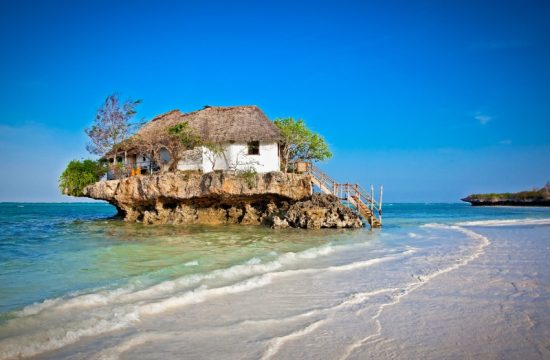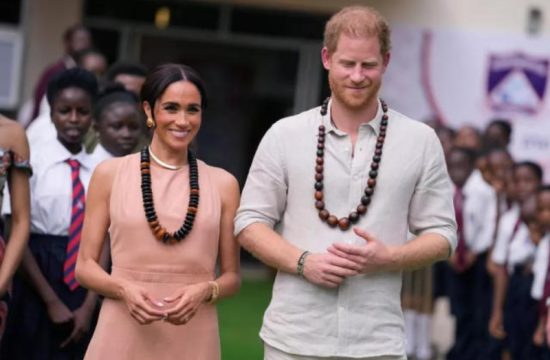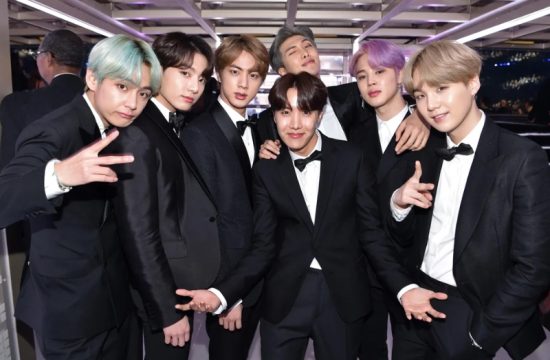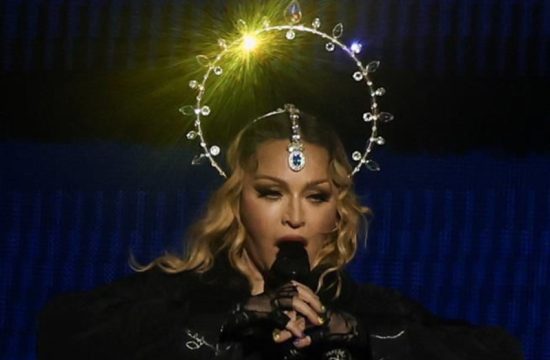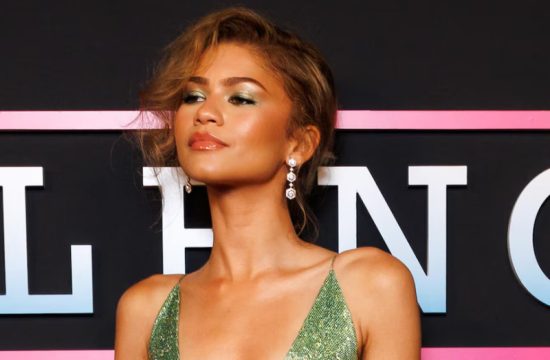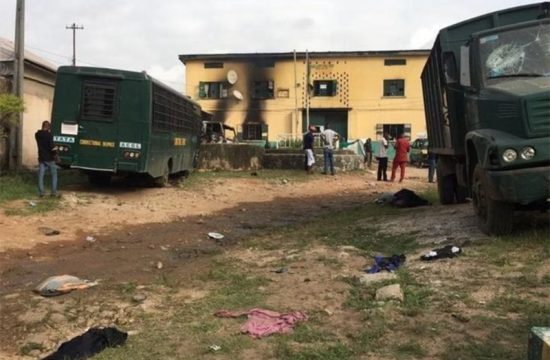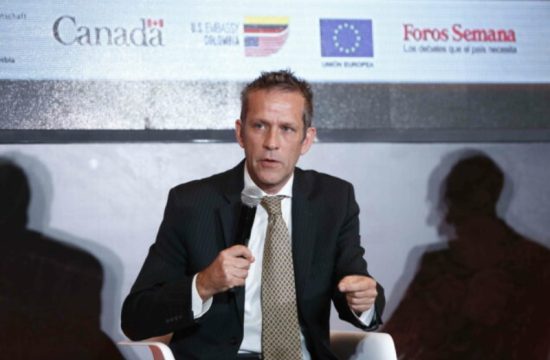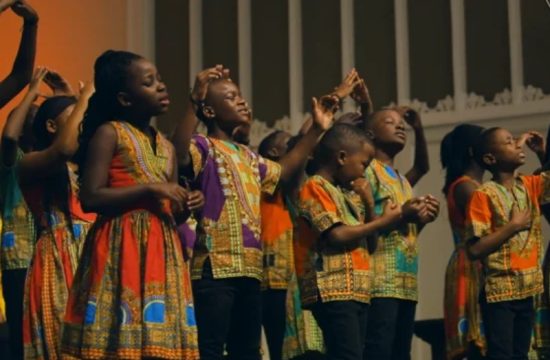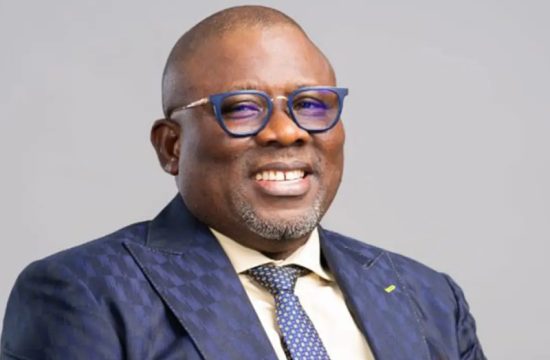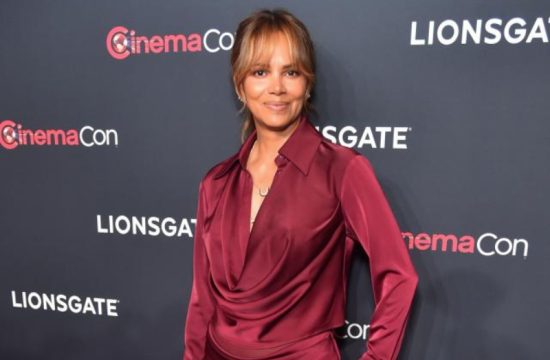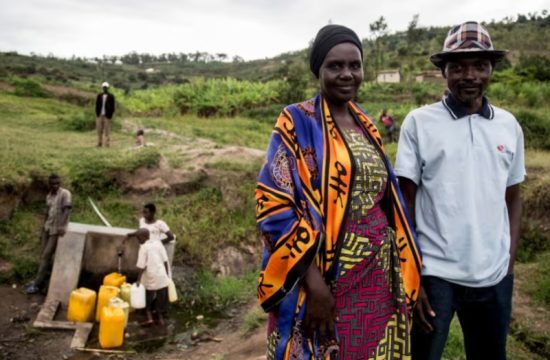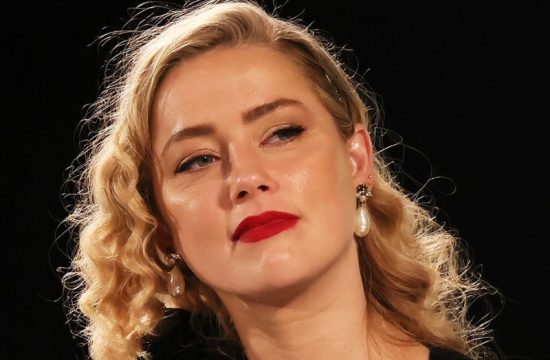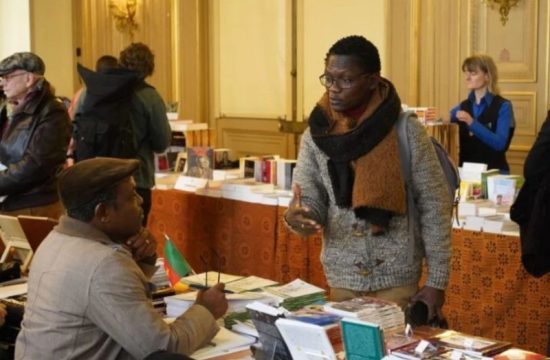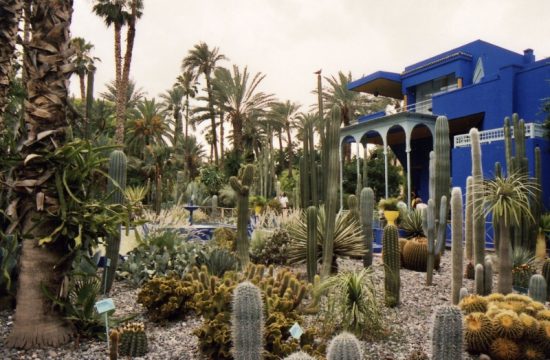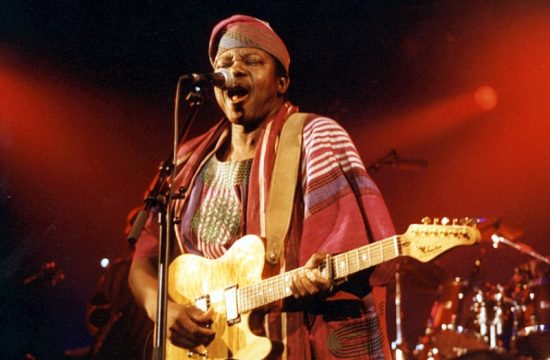Last updated on June 14th, 2022 at 02:25 pm
According to AFP, a decision was postponed until the next summit meeting of the Economic Community of West African States (ECOWAS) in July, according to a senior source in the Ghanaian presidency who requested anonymity. Another source says that the leaders couldn’t agree on anything, especially about Mali.
The group was due to determine whether to maintain, ease, or lift sanctions against Mali, which were imposed in January after the country’s military regime proclaimed its intention to rule for another five years. The summit was launched by Ghana’s President, Nana Akufo Ado, who was joined by the heads of state from most of the 15 member countries. There was no representation from Mali, Burkina Faso, or Guinea in the audience.
“In view of recent developments in the region and the global environment, this summit will re-examine and assess the situations in Mali, Guinea, and Burkina Faso,” he stated. “Our goal has always been to figure out how to assist these countries in regaining constitutional order.” Guinea, Burkina Faso, and Mali are now barred from participating in ECOWAS organizations.
While Mali has already been sanctioned, the other two nations face additional punishment from the EU after ruling juntas in their respective capitals pledged to stay in power for another three years. In less than two years, there have been two military coups in West Africa: one in Bamako, one in Conakry last September, and one in Ouagadougou in January.
Related Posts
ECOWAS has convened summits and increased pressure on the juntas to reduce their so-called transition periods before returning to civilian administration in order to prevent further political turmoil. As a result, Colonel Assimi Goita of Mali, Colonel Mamady Doumbouya of Guinea, and Lieutenant-Colonel Paul-Henri Sandaogo Damiba of Burkina Faso have all defied the pressure and been sworn in as presidents. They point to the severity of domestic challenges, which range from Islamist insurgency to socioeconomic concerns, and declare that they need more time to reconstruct their countries and hold elections. According to a UN report that came out last week, sanctions against West Africa have made life harder, especially for the poor.
Mali, one of the world’s most dangerous and impoverished countries, is fighting a decade-long Islamist insurgency that began as a regional insurgency and then moved to Niger and Burkina Faso. Except for fundamental necessities, ECOWAS closed its borders and halted trade and financial transactions. Last September, the military deposed Guinean President Alpha Conde, promising a restoration to civilian governance in three years. In January, angry colonels got rid of Burkina Faso’s elected president, Roch Marc Christian Kabore.


